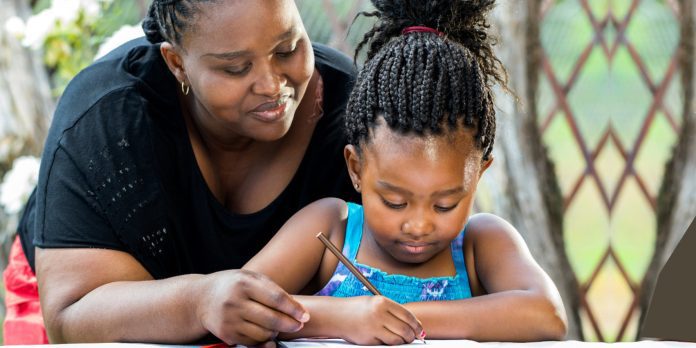Raising children involves providing love, care, and guidance to help them grow into responsible adults. Parents play an important role in shaping their children’s future, but many face difficulties that make parenting a tough journey.
These challenges can affect a child’s learning, health and development. A parent’s ability to provide for their children depends on factors such as financial stability, mental health, and education level.
Studies show that in many developing countries, children grow up in tough conditions due to poverty, stress, and a lack of education among parents.
How Parents Affect a Child’s Quality of Life
The bond between parents and their children is influenced by their living conditions and society.
Some countries, especially in South Asia, have worked hard to improve children’s lives. However, many still struggle with problems such as homelessness caused by poverty.
A 2023 UNICEF report revealed that 20.8 million children were forced to leave their homes due to war and natural disasters. Around 1 billion children live in areas that are highly at risk from climate change and environmental disasters.
A 2024 report from the United Nations Development Programme (UNDP) stated that more than half of the world’s 1.1 billion poor people are children, totalling 154 million. Globally, 27.9% of children live in poverty, compared to 13.5% of adults.
South Asia remains particularly vulnerable to disasters, political instability and public health crises, according to a 2024 UNICEF report. The Inform Global Risk Index rates four out of eight countries in the region as being at ‘very high’ or ‘high’ risk of humanitarian crises.
About 48 million children are expected to need aid this year, with the number likely to rise during the monsoon season.
The Way Forward
To help improve children’s lives, parents can learn skills that help them earn a better income. This will allow them to provide for their families and give their children a more secure future.
Additionally, schools should focus on a child’s overall growth, not just academics. They should also support children’s physical, emotional and mental well-being.








